- Free schools for IDP children in Arakan State struggle to stay open amid funding shortfall
- Female-headed IDP households in Ponnagyun Twsp struggle as commodity prices surge
- Min Aung Hlaing likely to take State Counsellor role in post-election government formation: Analysts
- Hindus express hope for educational reform under AA administration
- Arakanese zat pwe performers struggle to survive as conflict halts traditional shows
Sceptical about poll’s prospects, ANP and AFP not yet preparing for junta-run elections next year
The Arakan National Party (ANP) and Arakan Front Party (AFP), two of Arakan State’s most popular and powerful political parties, have not yet begun preparing for controversial elections that Myanmar’s military regime plans to hold next year.
08 Oct 2022
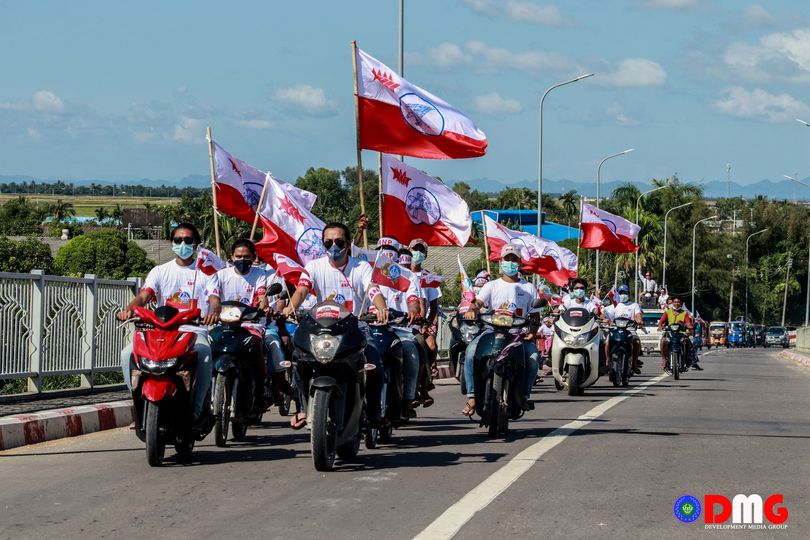
DMG Newsroom
8 October 2022, Sittwe
The Arakan National Party (ANP) and Arakan Front Party (AFP), two of Arakan State’s most popular and powerful political parties, have not yet begun preparing for controversial elections that Myanmar’s military regime plans to hold next year.
ANP chairman U Tha Tun Hla said the party is not making any preparations because it believes Myanmar is not in a position to hold an election, given its current political landscape.
“We are not yet discussing anything about the election,” he said. “Considering ongoing conflicts and problems in Myanmar, it is impossible for voters to cast votes freely and safely,” he said.
The instability in Arakan State, including frequent clashes and growing numbers of displaced people, raises questions about the feasibility of holding an election next year, said the ANP chairman.
AFP chairman Dr. Aye Maung, meanwhile, said his party is not doing anything yet to prepare for a nationwide vote in 2023, though he personally believes an election is the only way out of the country’s current crisis.
The Myanmar military, led by Senior General Min Aung Hlaing, seized power in a coup from the democratically elected National League for Democracy government on February 1, 2021. In attempting to justify its takeover, the military regime claimed that there was widespread fraud in Myanmar’s 2020 general election, though election monitors and much of the international community have dismissed those claims.
The junta has pledged to hold a new election next year, with initial indications that it would be sometime in August 2023.
A former Lower House lawmaker from Arakan State said the regime is seeking to hold an election next year as a way out of the country’s political crisis.
“This [military] government is not an elected government. And only a few will take part in the election, to be held by an organisation that seized power in a coup. The election to be held by it will not be a lawful one, and the international community will not recognise it either,” he said.
Whether Arakanese political parties ultimately contest the election or not, Arakanese people are no longer interested in elections, said the former lawmaker, adding that the regime would have to hold talks with the United League of Arakan/Arakan Army (ULA/AA) if an election is to be held in Arakan State.
“Arakanese people will not have interest in the election while they are suffering a lot of hardships. And I don’t think an election can be held in Arakan State without the approval of the ULA/AA,” he explained.
Currently, the regime says it is checking preliminary voter lists against the populations on the ground in respective townships across Arakan State.
Dr. Aung Kyaw Min, chairman of the Arakan State Administration Council, wrote on his Facebook on Thursday that the junta-appointed Union Election Commission (UEC), together with the Ministry of Immigration and Population and respective township General Administration Departments, have been verifying preliminary voter lists, and that initial checking had been carried out in all 17 Arakan State townships.
Former Lower House lawmaker U Oo Tun Win from Kyauktaw Township said elections cannot be held without stability.
“Given the current situation in Arakan State and the current political landscape in Myanmar, it is unrealistic to expect an election. We don’t have any feelings about the election till now,” he said.
Under the army-drafted 2008 Constitution, the military is guaranteed 25 percent of seats in the national parliament as well as state and regional legislatures. The regime has signalled its intention to replace the first-past-the-post electoral system, which was practised in Myanmar’s 2010, 2015 and 2020 general elections, with an alternative system of proportional representation. A move to proportional representation would improve the military’s chances of forming the government, as the National League for Democracy (NLD) won landslide victories in both the 2015 and 2020 elections held under the first-past-the-post system. The NLD boycotted the 2010 poll.
The NLD released a statement on July 9 saying it does not recognise the UEC formed by the regime, and therefore does not accept the election to be organised by it.




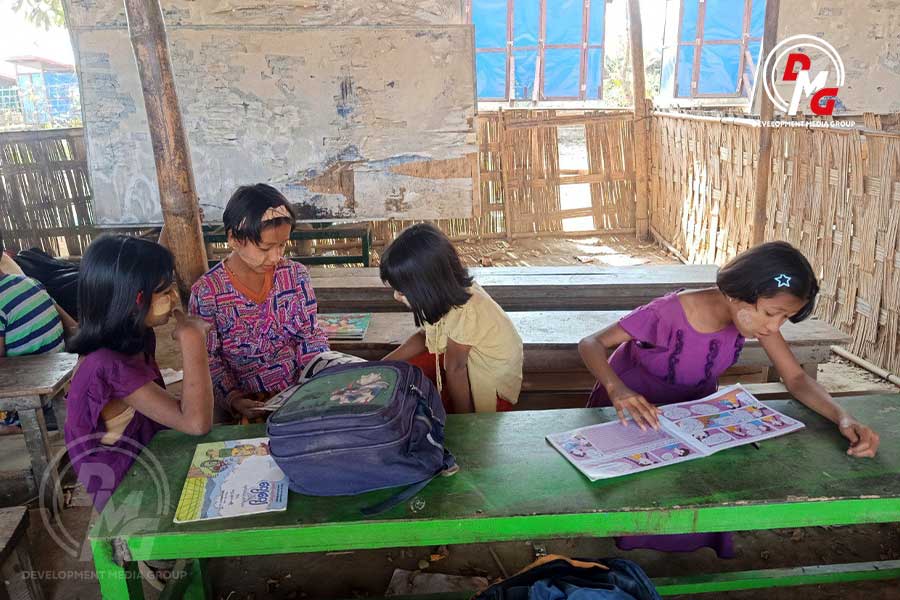
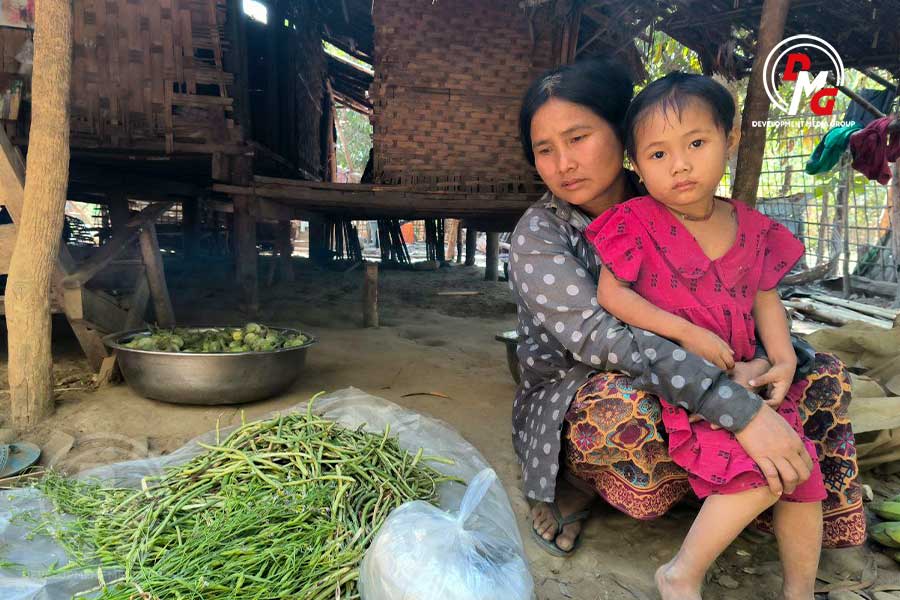
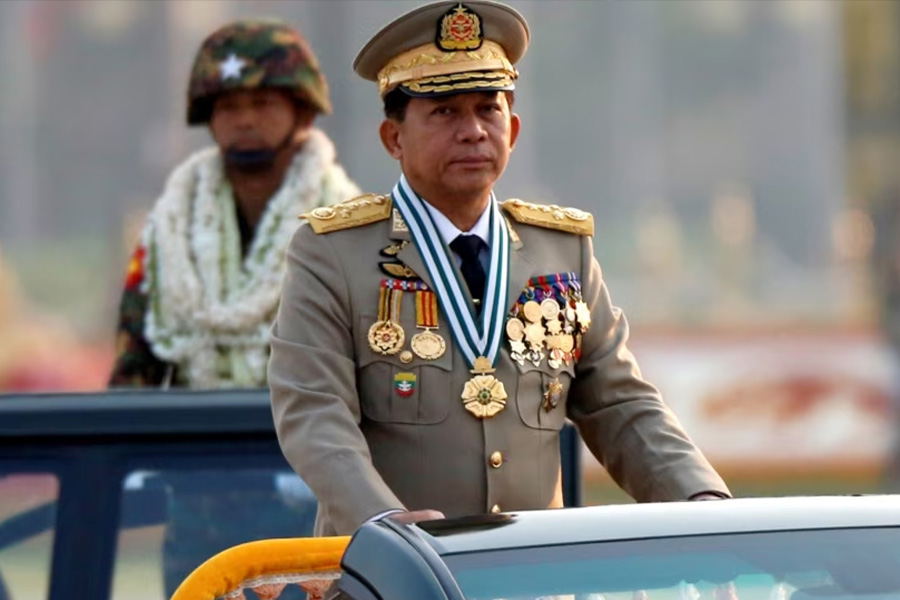
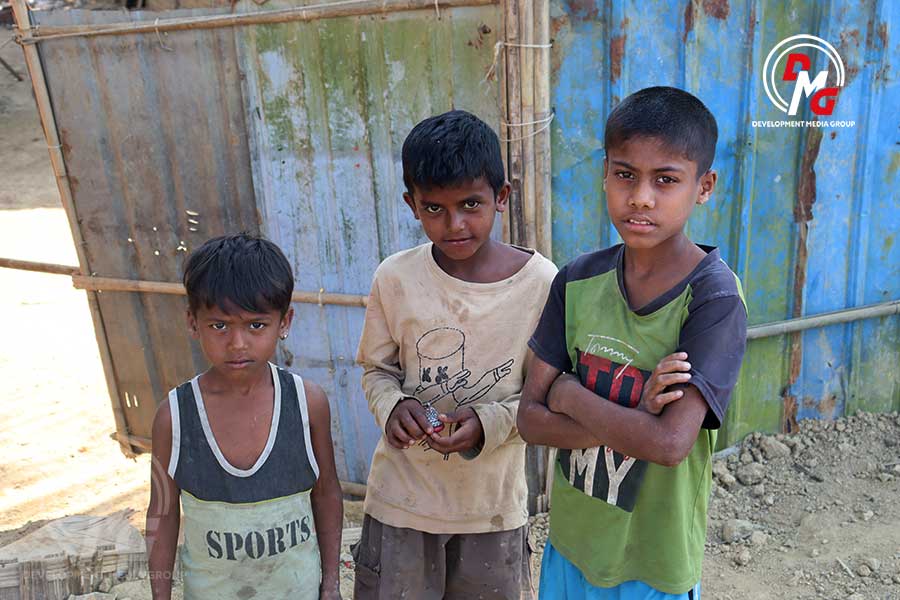
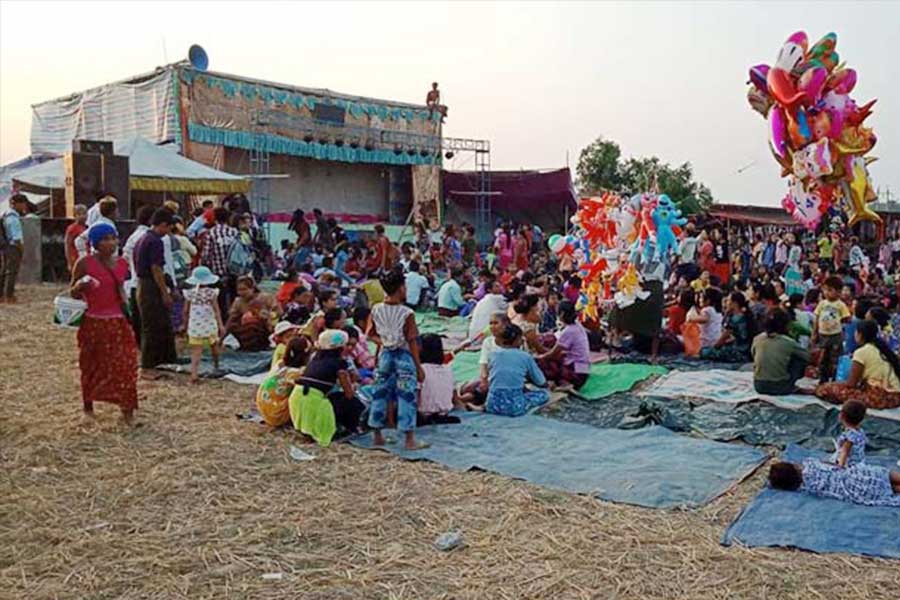








.jpg)